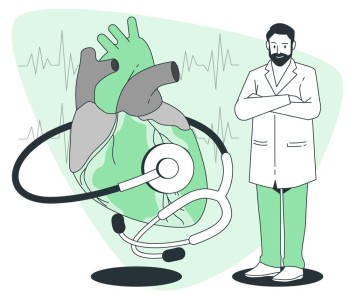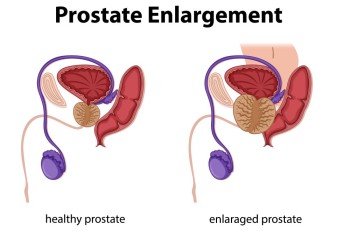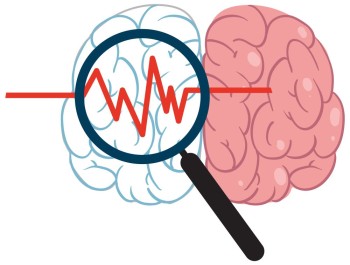
₹5,999
₹7,500
Magnetic Resonance Imaging (MRI) employs powerful magnetic fields and radio waves to produce detailed images of the body's internal structures, making it a valuable medical imaging technique.
Category:
MRI Scan



